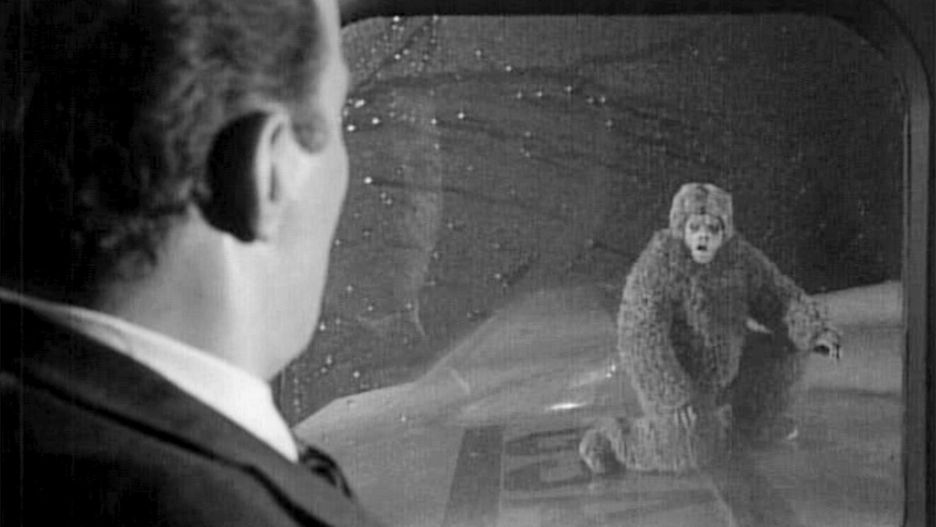

To help us better understand life in the 1960's for black Americans, and give us a perspective on how things are today, we're joined this month by Rodney Barnes. "I am the Night" released in March of 1964, and it can be challenging for today's audience to appreciate its impact or tone.

When JFK was gunned down in Dallas on the afternoon of November 22, 1963, Rod was inspired to write "I am the Night - Color Me Black," an episode which not only addresses racism and bigotry head on, but it also addressed hate all over the world. His stories were often watered down or changed to other racial groups by network executives or sponsors, leaving Rod in a state of frustration. Throughout the 1950's and 60's Rod Serling wrote several stories aimed at shedding light on racial issues with blacks in America. It's another twist ending, and one that leaves the viewer scratching their head as something that only makes sense within the bounds of the Twilight Zone.Ĭonnect with Entering the Fifth Dimension: Facebook community Follow us on Twitter Voice feedback: (304) 837-2278 Drawn by visions she sees in a piece of jewelry, she somehow comes to the aid of her townsfolk, saving them from being victims of the wreckage that took her own life. Maggie plays Bunny Blake who simultaneously seems to be on a cross-country flight, and visiting her family and friends living in her small childhood hometown. In season 5, tragedy struck again with "Ring-a-Ding Girl" starring Maggie McNamara. As a result, we're treated with a story with lots of drama and a great twist ending. Unfortunately for Nan, much like Malcolm Crowe in "The Sixth Sense," she doesn't realize that her fate for quite some time. Season 1 of the Zone gave us "The Hitch-Hiker," a story of Nan Adams who is driving her way from New York to Los Angeles. This month we take a look at two episodes that capitalize on this true, yet unsettling reality. Whether driving or flying across the country, tragedy can strike at any moment, especially in the Twilight Zone. Certainly the lessons Rod penned sixty years ago are ones we need to be reminded of and learn today. While they haven't risen to the top of the Zone echelon like Moorehead's "Invaders," they both showcase top-level performances and offer up lessons on issues that are still very relevant today: mental health. Next up we look at Mickey Rooney's season 5 episode, "The Last Night of a Jockey." Rooney plays Grady, a jockey who wishes he were big after being suspended for fixing races and doping.Įach of these episodes was written for their respective leads by Rod Serling himself. First up is Robert Cummings' season 2 premiere, "King Nine Will Not Return." Cummings portrays a US Air Force pilot who was unable to pilot what ended up being a fateful flight that took the lives of his entire crew. Since we've already covered that episode, this month we look at two other single-actor episodes. When executed well - such as Agnes Moorehead's "The Invaders," the episode can become legendary. It takes a gifted actor to be able to pull off a single-actor episode. They also examine the relationship between the mind, the subconscious, and the external world, as well as the idea that our dreams may hold hidden meanings and truths about our lives.Ĭonnect with Entering the Fifth Dimension: Facebook community Follow us on Twitter Contribute Listener Feedback The episode explores the theme of fate and the idea that our dreams can reveal hidden truths about the future.īoth episodes are known for their psychological horror and explore the idea of being trapped in a nightmare or a dream that is indistinguishable from reality. Once released from the hospital, she realizes that the dream is a premonition of death, and it saves her by keeping her from boarding a doomed aircraft. "Twenty-Two" tells the story of Liz Powell, who has a recurring dream in which she is in a hospital and follows a nurse to room 22, which is the morgue. However, the dream becomes a reality, blurring the line between dream and reality, while the episode explores the power of the mind and the subconscious.

He seeks help from a psychiatrist who helps him confront his fear. "Perchance to Dream" follows the story of Edward Hall, who suffers from a recurring nightmare.


 0 kommentar(er)
0 kommentar(er)
